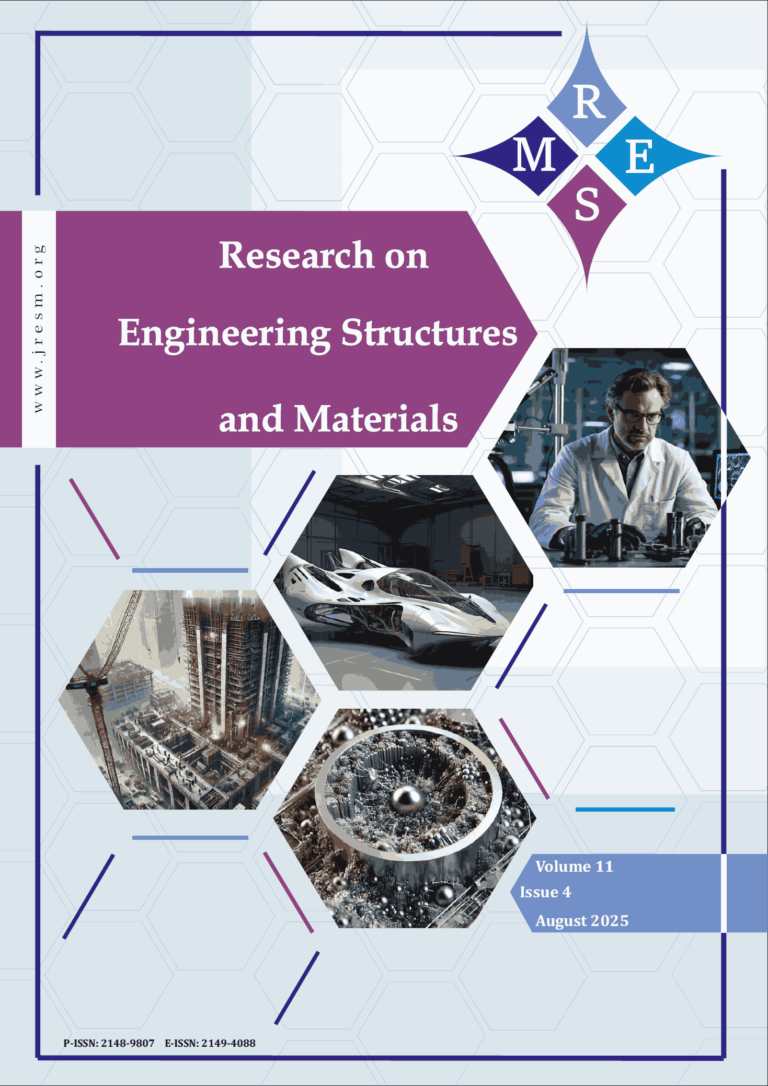In this study, physical and mechanical properties of pumice aggregate substituted with brick flour as mineral additive and light mortars were investigated. At the preparation of mortars, pumice (0-4mm) as a fine aggregate and CEM I 42.5R Portland Cement were used. Standard mortar mixing ratios were taken as fine aggregate/Cement/Water=3/1/0.5 and pumice aggregate is used as a fine aggregate. Brick flour, which is used as mineral additive, is substituted with 0%, 10%, 20% and 30% by weight of cement. The flow values of produced mortars were determined while they were in fresh form. Mortar samples were cured in standard cure pool for 28 days. Flexural and compressive strengths of the mortar samples which were cured for 7 days, were measured. Physical properties such as water absorption, porosity and unit volume weight of 28 days cured mortars were determined and flexural and compressive strengths were calculated. At the end of 28th day samples which were reached its final strength, were exposed to 200 ⁰C, 400 ⁰C, 600 ⁰C and 800 ⁰C heats in High Temperature Oven. With determining of flexural and compressive strengths after heating, strength loss between before and after heating was designated. It is observed that the flexural and compressive strengths were decreased with increasing the ratio of Brick Flour. At all temperatures, it is occurred that the ultrasound speed was decreased. With increasing of temperatures, ultrasound speed values were reduced.
